Hey! It's Friday. There's supposed to be a blog post. My current word count is 19,926. Behind, I know.
For more on the extended metaphor, today, writing is like cooking.
That's a pretty good start. We'll go with that.
It's not the ingredients, it's the skill in combination.
The Expectations vs. Reality memes have pretty well borne out this argument. The explosion of domestic blogs and Pinterest have both set the incredibly high bar for the at-home cook. Let's face it, we all want to be clever, and sometimes, we have to settle for storebought because of how un-clever we turned out to be.
I kind of already made this argument in a previous post, so
click through to that here.
Sometimes substitutions are OK. Sometimes they aren't.
So, that is a chart for substituting a greek yogurt for fattier dairy products in cooking. You see the tiny tip down at the bottom that says if you're adding it to something hot, do it at the end and take the pan off the heat? Want to know why that's there? Because if you don't when you're making homemade alfredo sauce, the protein in the yogurt re-folds and separates from the water in the yogurt, and binds to the cheese, so you're left with something that looks more like globby cottage cheese with penne than nice baked alfredo. No, I'm not bitter.
This is really going to depend on your audience and how you market your story. A substitution or a reversal of trope is a great way to offer a new perspective to a reader. However, if you a selling one kind of story with your blurb, and then halfway through turn it on its head, you risk losing those readers because you didn't just subvert their expectations, you smashed them.
What sounded good at the beginning can be a nightmare when you get into the middle.
I had some bacon, some chicken breasts, and some cheese, and was trying to make bacon wrapped chicken breast stuffed with cheese because, you know, I actually had all the ingredients for the recipe. None of the chicken would stay rolled up, even with toothpicks, The bacon kept ripping and falling off. As soon as I put them in a pan on the stove, all the cheese melted and ran out.
You know how this goes. You have an awesome idea and you start writing and you're going along and a character turns around to you as the author and says, "Hey, didn't you have an awesome idea? Too bad we aren't going to play along." Then riots break out and you're held hostage at your keyboard for more heroic or villainous or sexy parts for characters until you write what they want.
It doesn't matter whether it took you two minutes, twenty, or twenty years. All the audience sees is the finished product.
The ultimate goal of cooking is consumption. Yes, you want the person eating to enjoy the experience and savor the flavors and think you're awesome because you used forty ingredients to make a dish that they finished in two bites, but at the end of the meal, that food's going to be gone.
An author can
spend decades working on a story, only to have a reader finish it in an afternoon or a week and be ready to move on. It's kind of heartbreaking to think about, actually. But if you are ready to move on after reading something great, give the author's website a hit, review the story on your favorite review site, recommend it to a friend, and check out
The Book Seer for some direction.




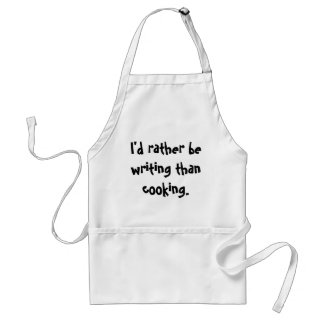
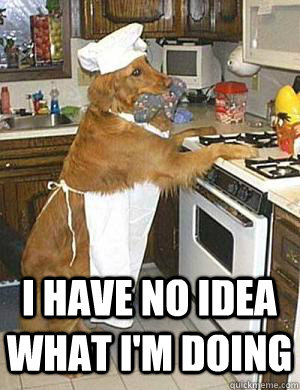
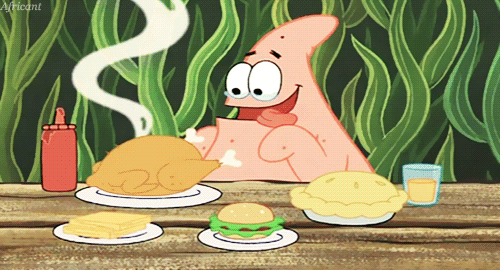
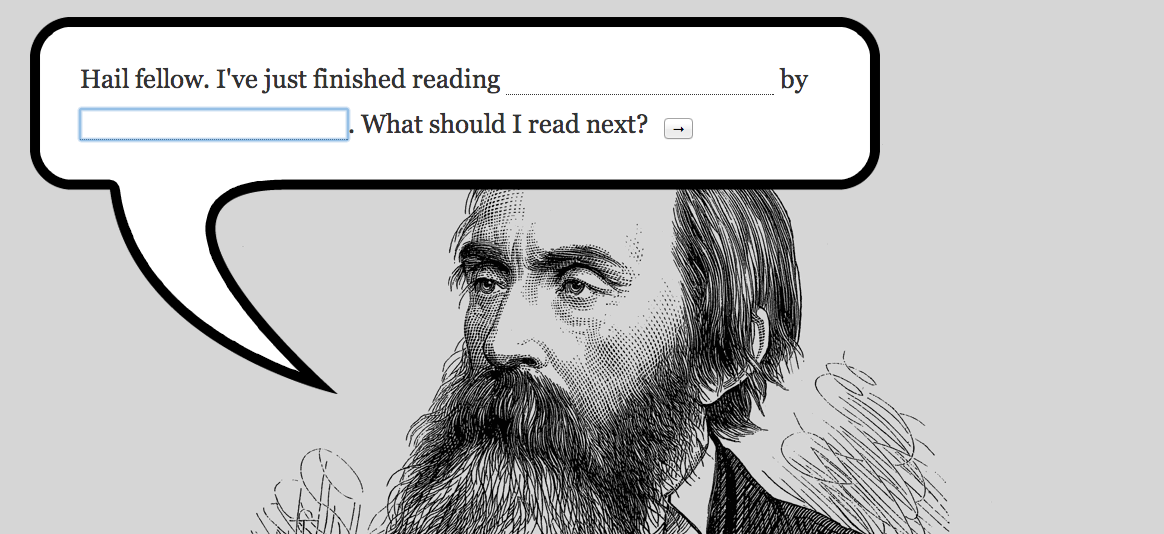
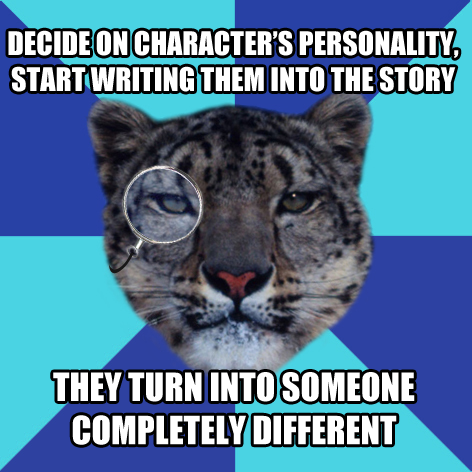
Comments
Post a Comment